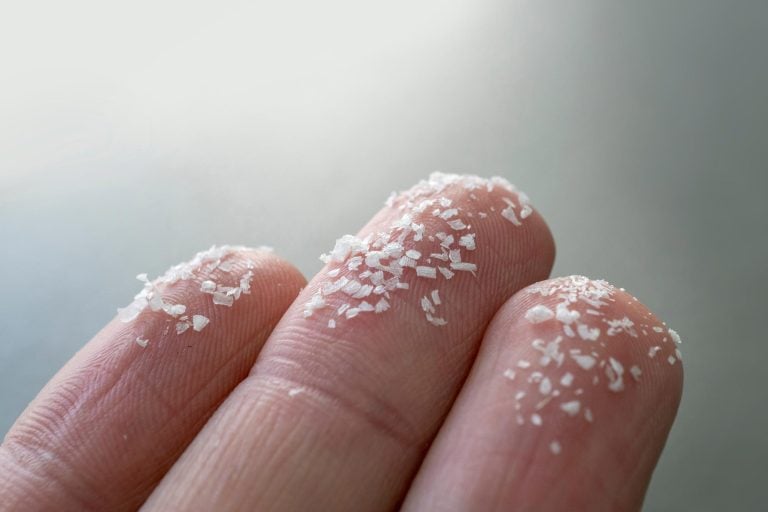A recent study published in PLOS Genetics has uncovered alarming evidence that benzyl butyl phthalate (BBP), a widespread plastic additive, causes DNA damage and chromosomal abnormalities in roundworm egg cells. This research raises concerns about the potential risks to human health.
Key Findings:
- BBP exposure leads to DNA strand breaks and chromosomal defects.
- Oxidative stress and cell death occur in egg cells.
- BBP alters gene expression, compromising genomic integrity.
The Risks of BBP:
- Interferes with hormone function.
- Affects human reproduction and development.
- Detected in human serum and urine.
Expert Insights:
“BBP exposure alters gene expression in ways that cause significant damage to DNA.” – Monica Colaiácovo, Harvard Medical School
Implications:
- Reevaluation of BBP safety in consumer products.
- Potential human health risks warrant further investigation.
- Importance of alternative, safer materials.
Reference:
“Exposure to benzyl butyl phthalate (BBP) leads to increased double-strand break formation and germline dysfunction in Caenorhabditis elegans” (2024) PLOS Genetics. DOI: 10.1371/journal.pgen.1011434
Share Your Thoughts:
How concerned are you about the presence of BBP in everyday products? Do you think regulatory agencies should reexamine the safety of this chemical?

















